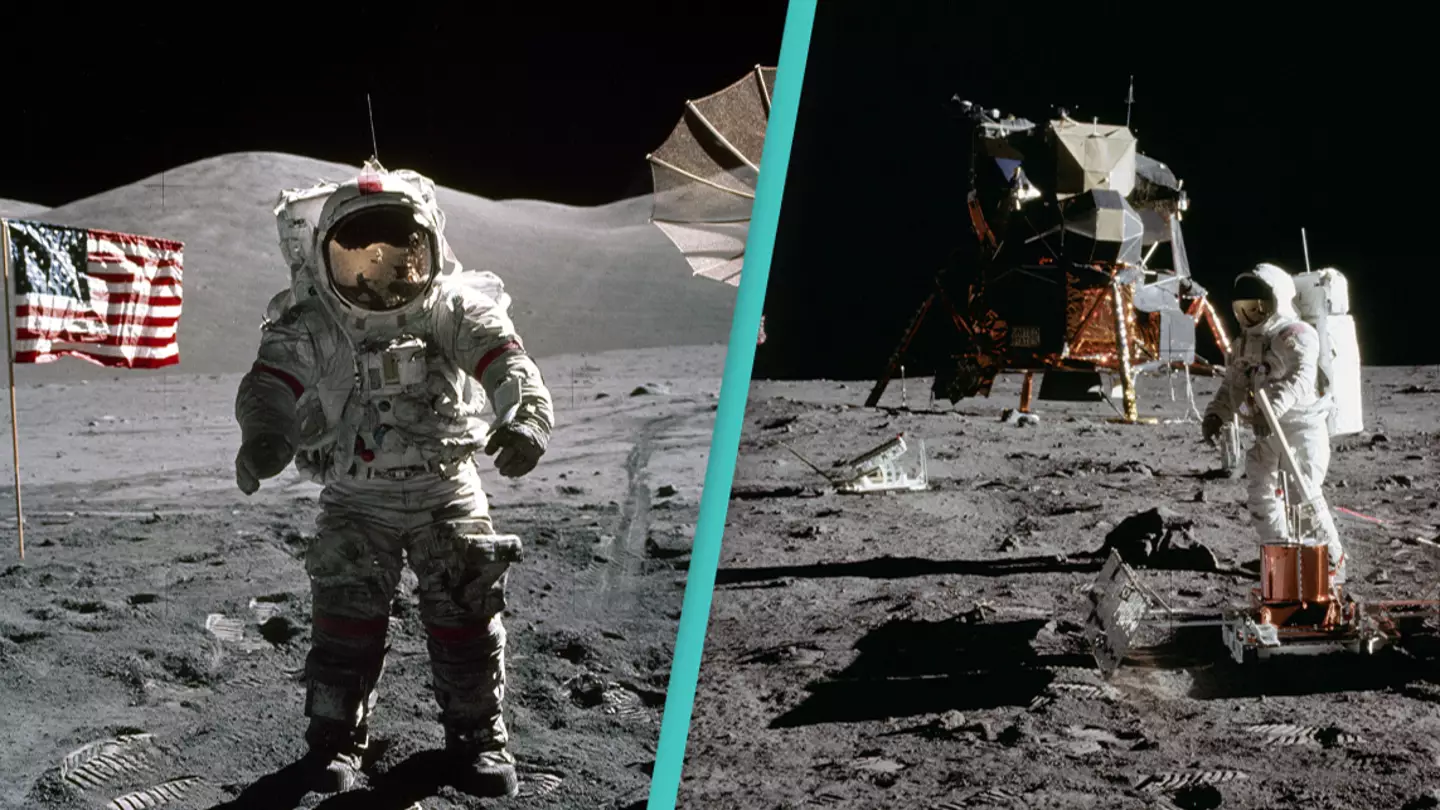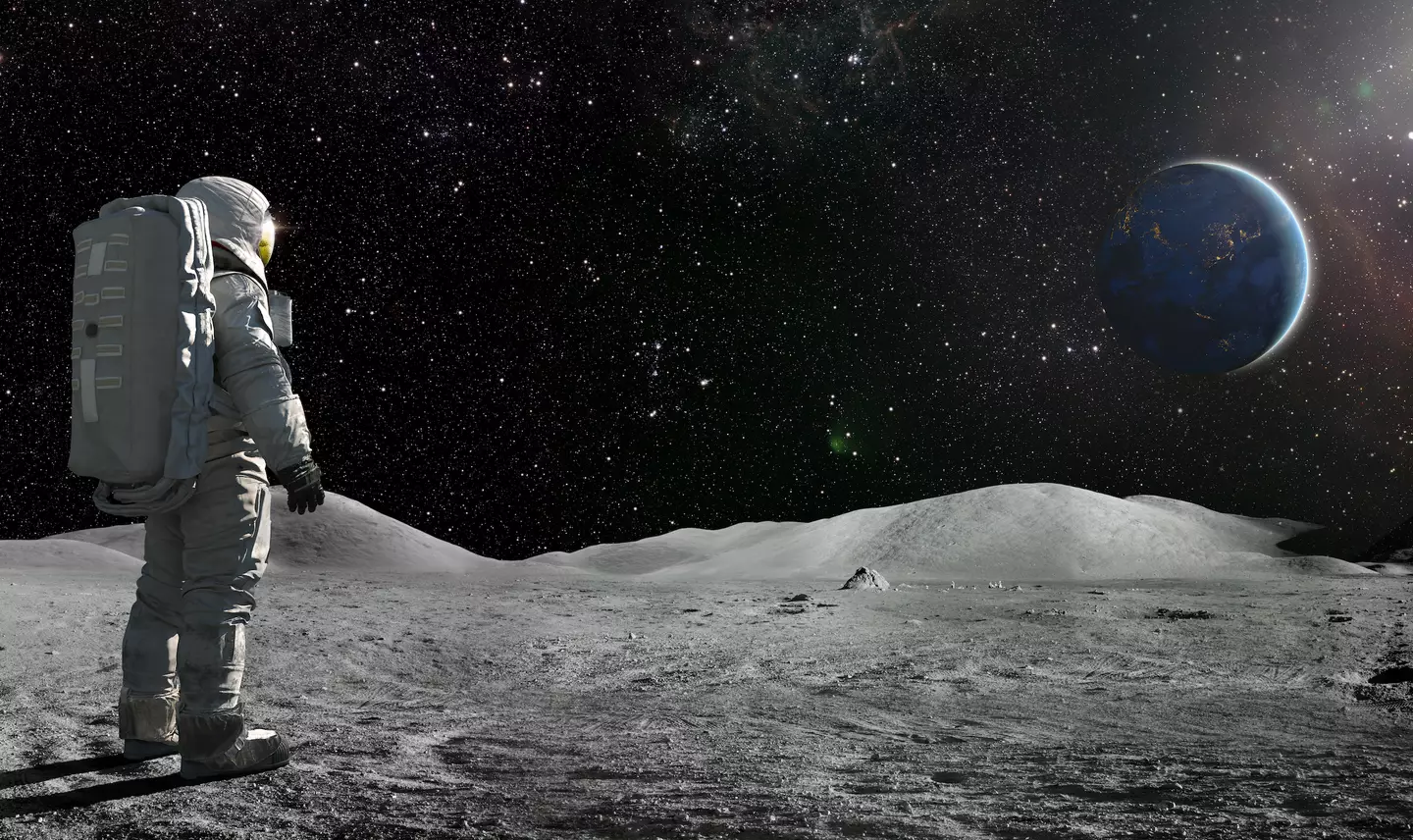
Going to the moon has long been a goal of humanity. A feat so impressive we did it a few times and then thought... yeah, that’ll do.
If you were alive for the Apollo 11 moon landing in 1969 - the first to put humans on the celestial body - you would be forgiven for thinking that we would have a bigger presence on it by now.
In the 70s, people likely spoke of future moon tourism, maybe a theme park or a casino, who knows! But what they probably wouldn’t think is the last time a human would set foot on it would be in 1972.
Advert
Even still, NASA putting 12 people on the moon remains one of the greatest achievements of the space agency, if not humanity as a whole.
However, it does beg the question, why did we stop going back?
There are still lots of reasons to return to the dusty rock in the sky, and NASA has said they plan to put US astronauts back on the moon around late 2026.
But what is with the big pause in the first place?
Well, astronaut Jim Bridenstine, who ran NASA during the Donald Trump administration, has explained that it's not science or technology limitations that have stopped the US from doing it.
Speaking to reporters in 2018 he said: “If it wasn't for the political risk, we would be on the moon right now.
.webp)
“It was the political risks that prevented it from happening. The program took too long and it costs too much money."
And that is often what it can come down to, a mix of politics and economics.
NASA's 2023 budget is $25.4 billion, and the Biden administration is asking Congress to boost that to $27.2 billion for 2024.
Which might sound like a lot, but the total gets split among all the agency's divisions and ambitious projects.
And for context, the US defense budget for 2023 is about $858 billion.
On top of this, due to the money coming from the government, congress can often be slow to approve the budget which can slow down progress.

Apollo 7 astronaut Walter Cunningham spoke on the difficulties of getting more money from the government to actually send more people to the moon.
Speaking in 2015, he said: “Manned exploration is the most expensive space venture and, consequently, the most difficult for which to obtain political support.
"NASA's budget is way too low to do all the things that we've talked about."
In addition to this, other astronauts have noted that one president’s promises regarding budget increases don’t always come to fruition because they can be replaced by someone new who can simply disregard the former president’s promises.
Topics: Space, Science, Technology